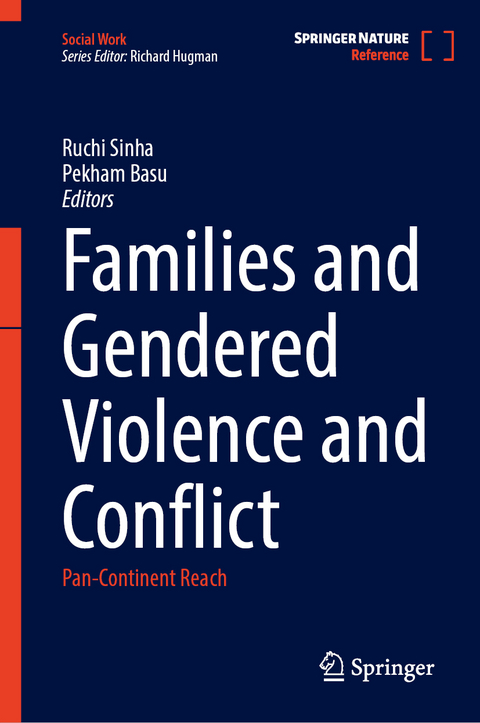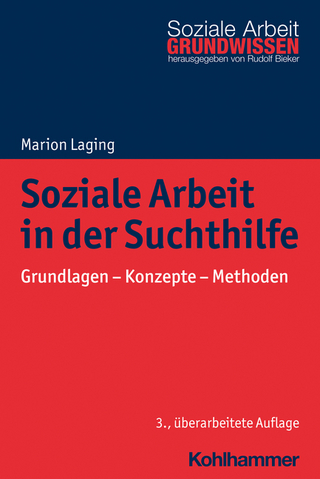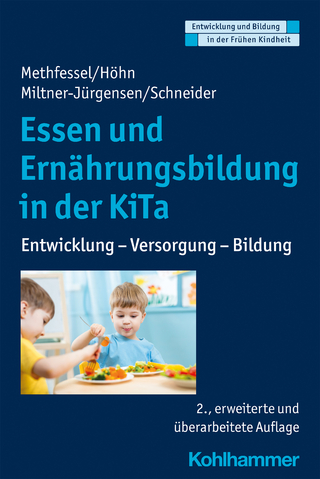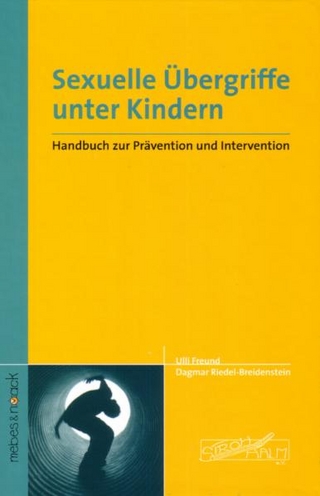
Families and Gendered Violence and Conflict
Springer International Publishing (Verlag)
978-3-031-60382-2 (ISBN)
- Noch nicht erschienen - erscheint am 01.04.2025
- Versandkostenfrei innerhalb Deutschlands
- Auch auf Rechnung
- Verfügbarkeit in der Filiale vor Ort prüfen
- Artikel merken
A huge body of discourse is available that categorizes and labels acts of violence, and correspondingly practices that pin blame/responsibility for the violence. These have led to evolution of intervention strategies to resolve or address the violence. Some explanations foreground systemic causes; others look at person-centric causes. The two views bring forth the fundamental ontological divide of structuralism and individualism. The question for social workers to debate is what to factor in while working with families experiencing violence and conflict. What amongst the person, the agency, or the structure needs to be addressed to understand the experience of families in conflict and violence? Are these positions supplementary, complementary, or to be understood reflexively? With the inclusion of new families, the parochial understanding of families has long been dislodged and given way to newer, radical, and contextual understanding of families. Similarly, different people, agencies, and states understand violence and conflict differently. Gender, too, has moved from the binaries of male and female to the LGBTQ orientations.
The book positions the ontological premise on which the epistemological practise is located. Simply put, the person-centric ontology on families and violence epistemologically finds understanding in agency-based approaches in individual agency, whereas the structure-based approaches find the experience of families and violence in society, state, and the world order. The contributors locate their work around identification, definition, an intervention or empirical study, policy analysis, historical evolution of concepts, and ontological and paradigmatic debates to position their individual chapters.
Families and Gendered Violence and Conflict: Pan-Continent Reach provides a paradigmatic prism for practice for social workers who are equipped to interpret context differently. The differing and competing paradigmatic lenses cannot be mediated, resolved, or addressed, but they definitely can be understood and debated to provide a 360-degree lens on the issues of families in violence in the gendered context. The reference work is a useful resource for social work practitioners, educators, academicians, researchers, and other development professionals.
Ruchi Sinha, PhD, is an Associate Professor and Chairperson of the Centre for Criminology and Justice in the School of Social Work at Tata Institute of Social Sciences (TISS) in Mumbai, India. She completed her Mphil/PhD from Jawaharlal Nehru University (JNU) in New Delhi. Dr. Sinha has over two decades of experience on issues of violence, human rights, development, criminal justice policy, social work in the criminal justice system, trafficking, child rights, child protection, and juvenile justice. Currently she is engaged on issues around sexual exploitation, abuse and its impact on children, as well as studying the impact of development on families.
Pekham Basu, PhD, is an Assistant Professor at the Centre for Equity & Justice for Children & Families in the Faculty of the School of Social Work at Tata Institute of Social Sciences (TISS) in Mumbai, India. She completed her studies in History from Loreto College in Calcutta. Dr. Pekham holds a Master's degree in Social Work from TISS Mumbai. Her PhD dissertation was on the Widows of the Mine, based on her extensive work on occupational health and violation of labour rights of mineworkers in Rajasthan. In the course of her two decades of work in the field, Dr. Pekham has worked on violence against women and children, social entrepreneurship with funding agencies, corporate social responsibility, and on issues pertaining to quarry and mineworkers and their families.
Section 1: Introduction and defining the field (1 chapter): Drs. Basu and Sinha.- Section 2: Contemporary evidence shaping the field (6 chapters).- 1) India/Asia.- 2) Australia.- 3) Israel.- 4) Africa.- 5) Latin America.- 6) UK/USA.- Section 3: Socio-legal and policy frameworks (5 chapters).- 1) Nepal.- 2) UK.- 3) Russia.- 4) Indonesia.- 5) Israel.- Section 4 : Gendered violence in contexts of conflict and war (5 chapters).- 1) Turkey.- 2) Germany.- 3) Africa.- 4) Sri Lanka.- 5) Palestine.- Section 5: Interpersonal interventions with families and gendered violence (4 chapters).- 1) India.- 2) Latin America.- 3) Middle East.- 4) Canada.- Section 6: Structural social work practice withfamilies and gendered violence (4 chapters).- 1) Thailand.- 2) Australia/India.- 3) Latin America.- 4) Japan/Singapore.- Section 7: Overview summary (1 chapter): Drs. Sinha and Basu.
| Erscheint lt. Verlag | 1.4.2025 |
|---|---|
| Reihe/Serie | Social Work |
| Zusatzinfo | L, 450 p. 26 illus. in color. |
| Verlagsort | Cham |
| Sprache | englisch |
| Maße | 155 x 235 mm |
| Themenwelt | Sozialwissenschaften ► Pädagogik ► Sozialpädagogik |
| Schlagworte | changing families • Conflict and war • contextualizing violence • family social work • gendered conflict • gendered violence • interpersonal interventions with families • pan-continent diversity • social development • Social Work Education • social work policy frameworks • social work practitioners • Social work research • social work theory • socio-legal frameworks • structural social work practice • understanding gender |
| ISBN-10 | 3-031-60382-6 / 3031603826 |
| ISBN-13 | 978-3-031-60382-2 / 9783031603822 |
| Zustand | Neuware |
| Haben Sie eine Frage zum Produkt? |
aus dem Bereich


